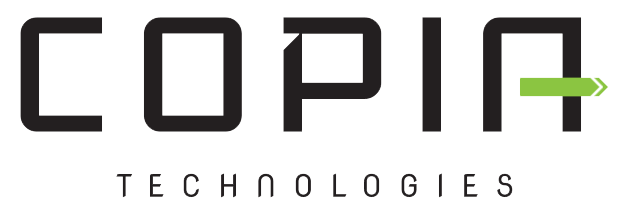
04 Oct The 10 Most Disruptive Tech Skills
The 10 most disruptive skill areas in tech are:
1. AI and ML
2. Cloud Technologies
3. Connected Technologies
4. Fintech
5. IT Automaton
6. Natural Language Processing
7. Parallel Computing
8. Proactive Security
9. Quantum Computing
10 . Software Development Methodologies
Many disruptive tech skills are already in demand and growing fast. In the past 12 months, there were 1,714,483 U.S. job openings requesting at least one of the disruptive skill areas. Over the next five years, they are projected to grow between 17% and 135%. The skill areas projected to grow the fastest include Quantum Computing and Connected Technologies, with forecasted growth rates of 135% and 104%, respectively.
These skill areas are spreading across many different occupations and industries. Eight of the 10 skill areas are already commonly requested in over 30% of occupations. None of the skill areas except Quantum Computing have more than 40% of demand concentrated within one industry. This diffusion of skills across different jobs and industries is hybridizing many roles and teams, requiring employers to be thoughtful in determining which roles are best-suited for embedding these skills.
Organizations with future-ready skills create future-ready solutions. The most disruptive organizations are more likely to request the disruptive tech skills. Across all IT and R&D occupations, Unicorn employers – i.e., startups valued at $1 billion or more –are 33% more likely to request disruptive tech skills than legacy firms in the Fortune 100. This underscores a key maxim: Future-ready teams create future-ready solutions.
Employers have to pay more to hire workers with these skill areas. The average salary premiums for the disruptive skills areas range between $4,200 to $25,000. The two skill areas with the greatest average salary premiums – IT Automation and AI and Machine Learning – are both focused on automating existing tasks to become more efficient. This means many employers face a Catch-22: They need disruptive skills to remain future-ready and gain efficiencies, but they may not be able to afford hiring individuals from a limited pool of existing workers with these skills.
But employers have realistic options for upskilling current workers to meet the need. By identifying existing employees in “adjacent roles” that have similar skill sets, employers may be able to strategically reskill and upskill to meet the need at less cost. For all but two of these skill areas, there are at least 200 occupations that represent strong candidates for upskilling. The two remaining skill areas, Parallel Computing and Quantum Computing, are both highly technical fields, but there are still numerous adjacent roles that can be upskilled for each.
Report Source: Skills of Mass Disruption, https://www.burning-glass.com/wp-content/uploads/2020/12/Skills-of-Mass-Disruption-Report.pdf

No Comments